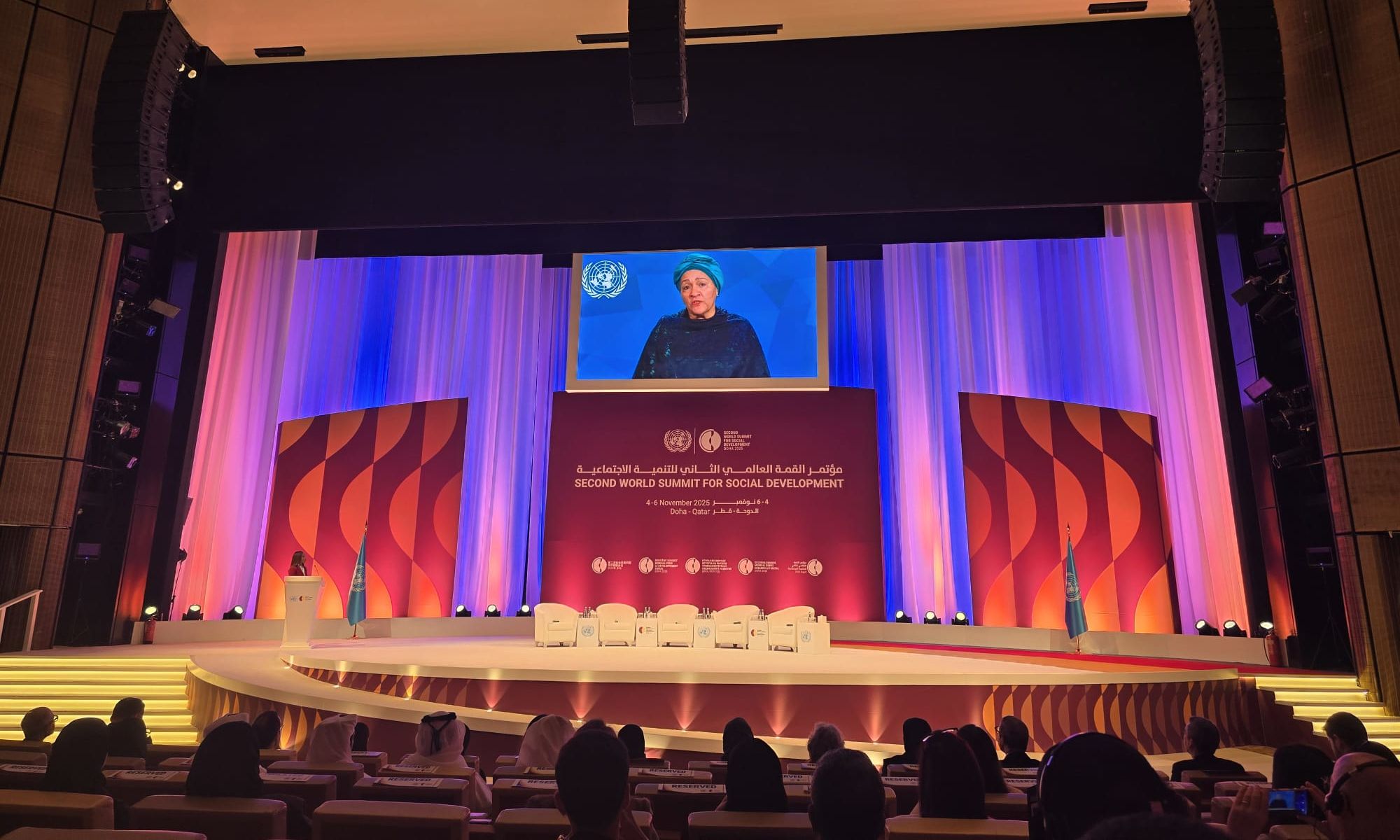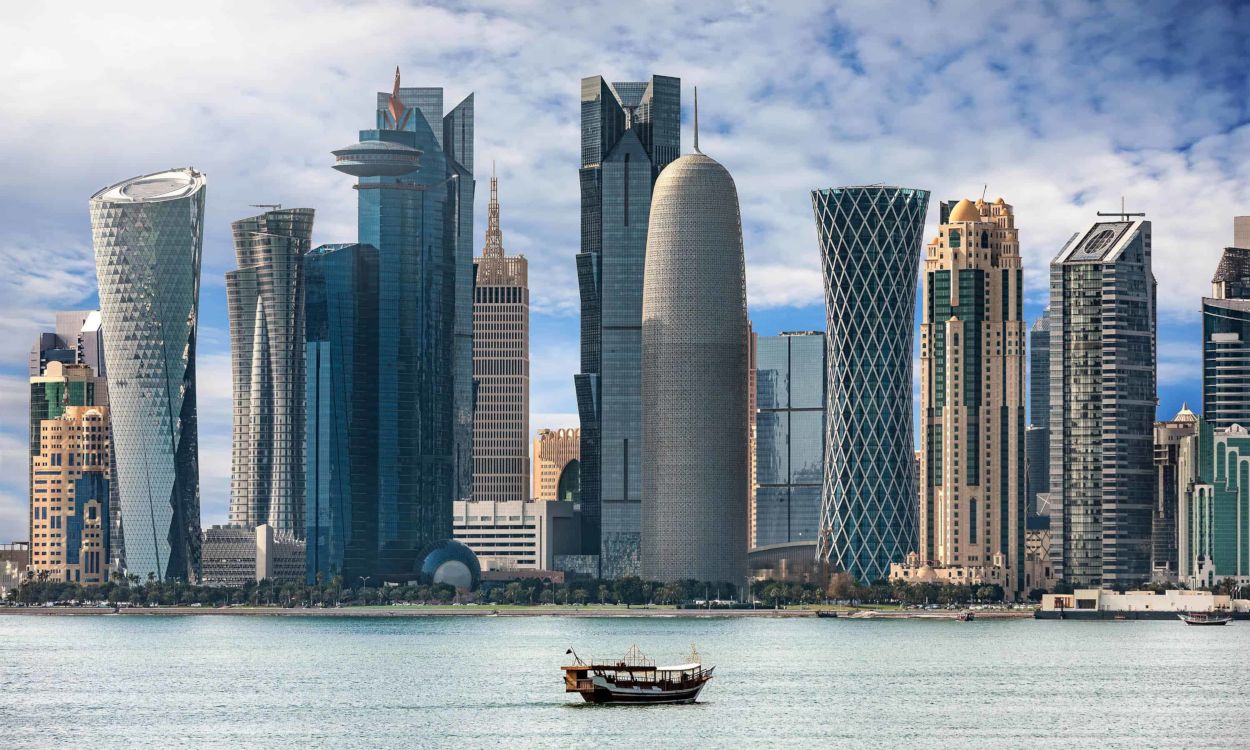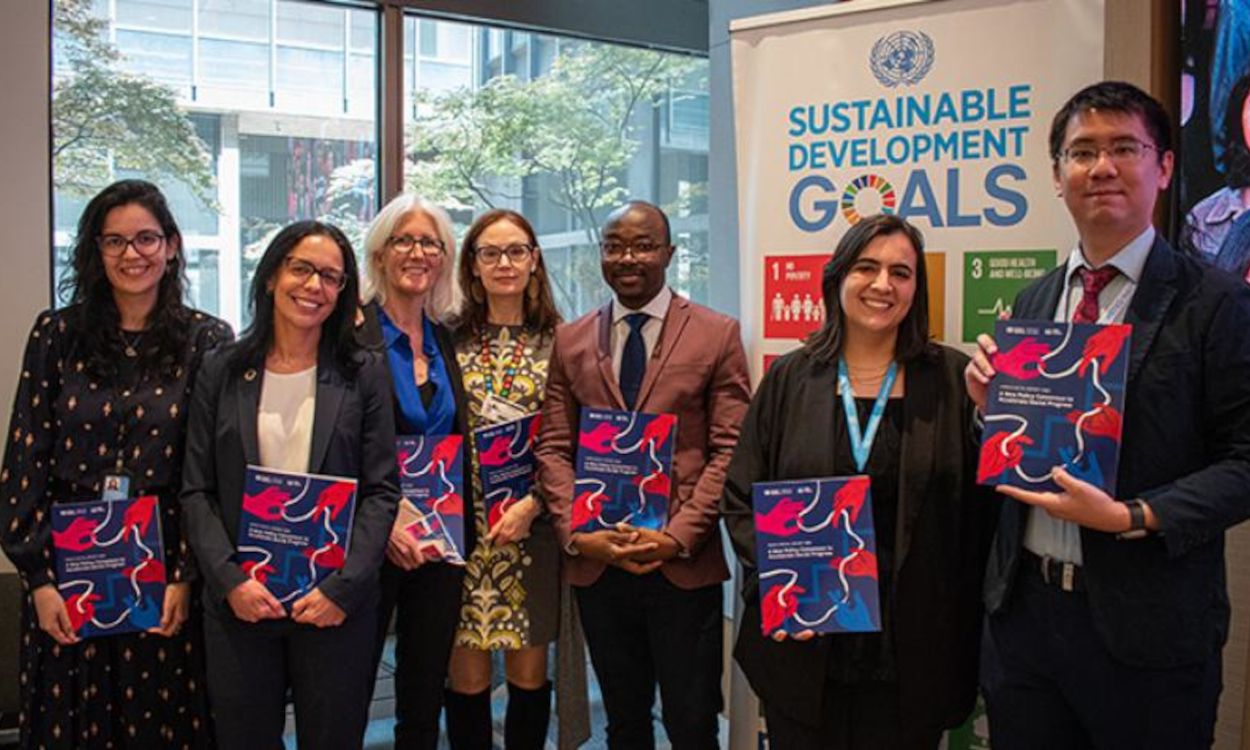Charting new paths for the United Nations

by Leila Ali, ICSW
The United Nations Secretary- General António Guterres, in his remarks to the General Assembly Consultation on February 13, 2023, made several important policy statements about future directions for the United Nations. Many of his initiatives have direct relevance for the ICSW and other civil society organizations. Referring to his previously issued report Our Common Agenda, the Secretary- General has outlined his vision for the future of global collaboration, first of all accelerating progress towards achieving the Sustainable Development Goals (SDGs). Since 2015, Member States have undertaken significant efforts to reduce poverty and inequality and to create and sustain healthy and prosperous communities. However, as the General Assembly prepares for the SDG Summit in September as well as the Summit for the Future next year, the Secretary-General emphasized the need to move away from abstract ideas and towards concrete actions, essential for improving global response and reaching the 2030 Agenda.
Underscoring the urgency and importance of addressing the many challenges facing the world today, including climate change, conflict, inequality, food insecurity, and nuclear weapons, the Secretary-General noted that the advancement towards achieving the SDGs has been uneven and that significant barriers and risks remain. He emphasized that the pace and scale of these challenges are outstripping our current problem-solving mechanisms, and that the international community must act quickly and decisively to address them. In this light, collective action that highlights inclusive, accessible, and effective multilateral governance is essential. Through this approach, global cooperation and partnerships between governments, civil society, the private sector, and other key stakeholders might be strengthened. It is hoped that the upcoming SDG Summit this September could breathe new life into these systems to prepare for the Summit of the Future in 2024.
The Summit will provide an opportunity for leaders from around the world to agree on a roadmap that will turbocharge progress towards achieving the 2030 Agenda and make up for lost ground. The Summit will be a platform where new strategies and ideas can emerge that work for today’s world while also moving us closer towards the future we want.
To this end, the Secretary-General called on G20 countries to agree on a global SDG Stimulus before the Summit in September. This call entails an increase in financing for sustainable development efforts in the amount of at least 500 billion dollars per year for countries in the Global South. The SDG Stimulus aims to offset challenging market conditions and strengthen the voice of the Global South in financial governance. More specifically, the Secretary-General noted that his report included many proposals for addressing the existing challenges, and that the Secretariat will issue a series of eleven policy briefs with concrete ideas for consideration in the context of moving forward.
One of the policy briefs will recognize the limitations of Gross Domestic Product (GDP) as a key benchmark of socio- economic development due to its inability to capture important aspects of social and environmental well-being, such as inequality, health, education, and natural resource depletion. The forthcoming policy brief will advance work on metrics looking beyond GDP in order for policymakers to make informed decisions on debt relief, concessional funding, and international cooperation. These metrics should also consider vulnerability, sustainability, and other vital measures of progress and overall well-being.
With due attention on gender equality and issues regarding youth, the Secretary- General highlighted the important work being done through the Global Accelerator on jobs and social protection. The Global Accelerator, as an investment in social development and economic recovery, focuses on promoting the economic inclusion of women, creating both green and digital jobs, providing guarantees in youth labor, and establishing a global fund for sustainable systems of social protection.
In addition to addressing the series of policy briefs pertinent to Our Common Agenda, the Secretary-General looks forward to hearing from the High-Level Advisory Board on Effective Multilateralism (HLAB). Guided by the United Nations Charter and the 2030 Agenda, HLAB will provide recommendations on best practices aimed at effectively filling gaps in global governance and the multilateral system as a whole.
Finally, the Secretary- General announced the upcoming World Social Summit in 2025, which will provide a unique opportunity and global platform for “deliberation based on inclusion, trust and listening, with focus on tackling inequalities and strengthening people’ agency, opportunities, and rights.” It is hoped that the World Social Summit will prioritize essential social challenges, including education, housing, jobs, and social protection. The Secretary-General’s endorsement of the World Social Summit is noteworthy, as it brings attention to the importance of a new level of global cooperation and solidarity in tackling social challenges. By providing a forum for inclusive and participatory deliberation, the Summit will enable diverse perspectives and voices to be heard, ensuring the resulting policies and initiatives reflect the needs and aspirations of all people, particularly those who are most vulnerable and marginalized. Through these upcoming summits, the United Nations will look for new ways to strengthen policies at all levels thus making real changes in the lives of people everywhere.





